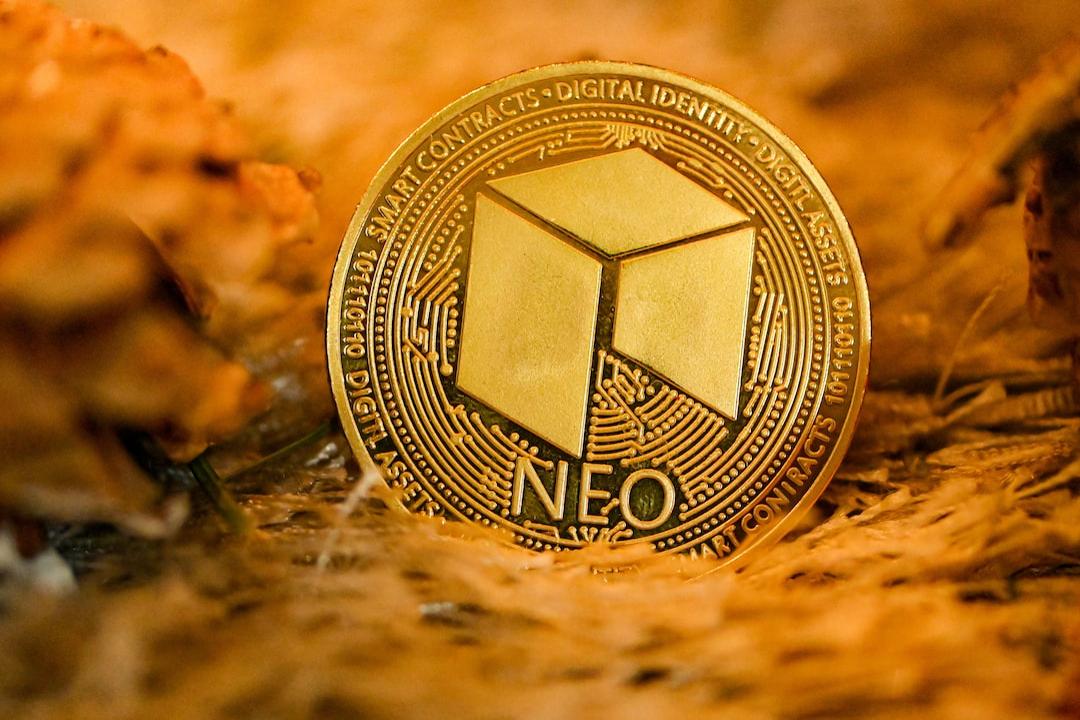Yesterday (24th), Mt.Gox exchange announced that the decline of Bitcoin (BTC) intensified further after it broke the $60,000 barrier this morning, as it is set to begin repaying creditors in early July. The market appears to be concerned that a large amount of Bitcoin may soon flow into the market.
Mt.Gox is an early cryptocurrency exchange that declared bankruptcy in 2014 after losing 850,000 Bitcoins in a hacker attack. According to data compiled by the online intelligence platform Arkham, Mt.Gox’s wallet holds approximately 141,000 Bitcoins (worth $8.7 billion). However, digital asset investment company Galaxy believes that the actual distribution of coins by Mt.Gox may be less than what most people expect, resulting in less selling pressure on the market than anticipated.
Alex Thorn, head of research at Galaxy, stated on the X platform that their research indicates that about 75% of creditors have chosen “early” repayment. This means that approximately 95,000 Bitcoins will be allocated to creditors, of which about 20,000 are owed to the creditor fund, about 10,000 are owed to Bitcoinica BK, and the remaining 65,000 BTC will be distributed to individual creditors. Thorn believes that these individual creditors may be more inclined to “diamond hands” (referring to holding steadfast) than expected by most people, partly because they have resisted the attention and aggressive offers from the creditor fund for many years, not to mention the capital gains tax implications involving a 140-fold increase in Bitcoin since the bankruptcy.
However, Thorn also pointed out that even if only 10% of the 65,000 Bitcoins were sold, 6,500 BTC (worth about $398 million) would be sold on the market, and most likely, sold on the market. Regarding the creditor funds, Thorn stated after discussions with some funds that the majority of fund partners are high-net-worth Bitcoin holders who hope to purchase Bitcoin at a discount, rather than seeking quick profit trading arbitrage.
Mt.Gox will repay in the form of Bitcoin and Bitcoin Cash (BCH). Thorn believes that once these coins are distributed, BCH’s performance will be worse than BTC, and creditors will sell a larger portion of the coins in the less liquid BCH market.

